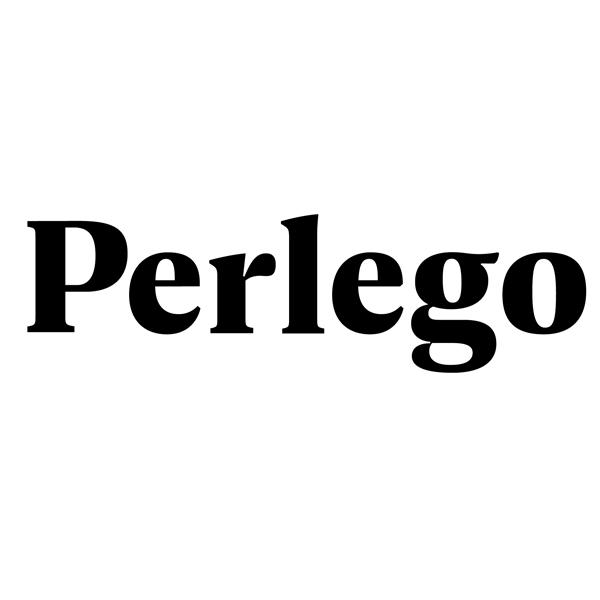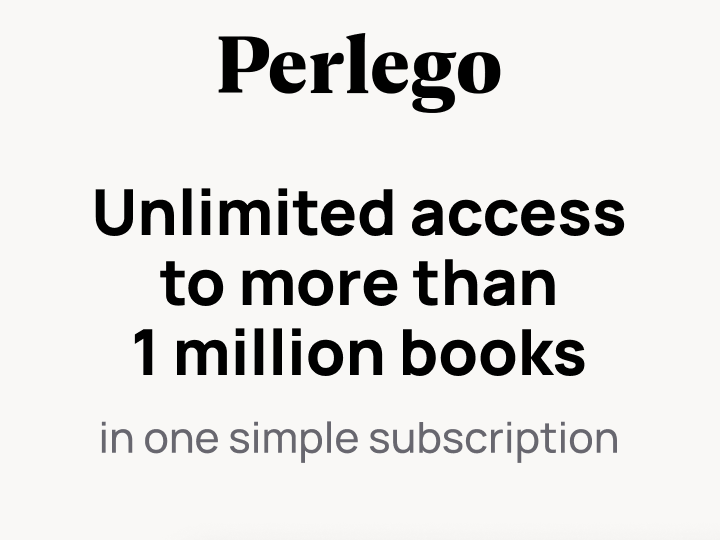
Promoting inclusive course materials to enhance digital literacy
Modern technology offers numerous possibilities to enhance student engagement in education. A webinar held by Times Higher Education, in collaboration with Perlego, gathered experts to exchange ideas about enhancing student learning through an inclusive approach to digital materials. The panel explored how embracing technology in higher education involves not only adopting digital tools but also educating students on how to use these tools critically.
“As a learning designer, the idea is not that we just design the course and leave it there. We have to remain invested in the life cycle of the course,” said Elizabeth Avery, learning designer at Coventry University Online. “We make sure that when we’re developing the course, we’re meeting the needs of the students that would be taking the course as well as fulfilling the learning outcomes.”
“Sometimes we assume we’ve put everything onto our virtual learning environments and our job is done,” said Gina Fox, deputy dean of education for the College of Social Sciences, Arts and Humanities at the University of Leicester. The panel agreed that working with academics to build regular check-ins and touchpoints within the course design is important in helping students navigate their courses.
“We need to be very mindful of the skills that students are coming to us with,” said Robert Burton, interim director of digital skills at Salford Business School at the University of Salford. “We can make assumptions about the amount of time that they may spend engaging in tech, but there are different uses of technology. We want them to learn to use technology in a way that is academically sound.”
Matt East, senior product manager for universities at Perlego, emphasised the importance of pre-arrival benchmarking that helps universities identify core literacies where students might need support. “Context is the most important thing,” East said. “There’s been reference to discipline variance throughout this conversation. That’s crucial because there’s a very different cyclical nature that can occur from a STEM course, for example, to a humanities or social science course. Having a single rule of thumb [regarding touchpoints within courses] isn’t necessarily right.”
East identified the key challenges students face in reading digital resources. He pointed out that a crucial but often overlooked aspect in higher education is building reading literacy, which involves providing students with guidance on how to engage with various resource types. Fox suggested that creating group-focused and collaborative activities around digital materials and exploring creative ways to make online texts more interactive could help break down barriers to engagement in the digital learning space.
Katie McNamara, academic support manager of library services at the University of West London, said the lack of diversity of authorship and information is another barrier to engagement. “Students aren’t necessarily seeing themselves represented in the information that’s being published,” she said. “Even with all of these technological solutions to some of the problems, without that representation, it won’t work.”
Avery noted that educators and students need to think about the cognitive cost of using shortcuts provided by modern technologies such as artificial intelligence. “What we can do is equip students with the mental models and frameworks that they can use in any situation and contextualise,” she said. Fox added: “We are trying to prepare students for a future we don’t know. And that’s quite a challenge for educators to take on.”
Burton highlighted the importance of supporting the development of the appropriate skills in students to enable them to be successful in their degree programmes and when they enter the world of work. This involves building a broader, well-rounded skill set in students, he concluded.
The panel:
- Elizabeth Avery, learning designer, Coventry University Online
- Robert Burton, interim director of digital skills, Salford Business School, University of Salford
- Matt East, senior product manager for universities, Perlego
- Gina Fox, deputy dean of education, College of Social Sciences, Arts and Humanities, University of Leicester
- Katie McNamara, academic support manager, library services, University of West London
- Ashton Wenborn, branded content editor, Times Higher Education (chair)
Watch the webinar on demand above or on the THE Connect YouTube channel.
Find out more about Perlego.


